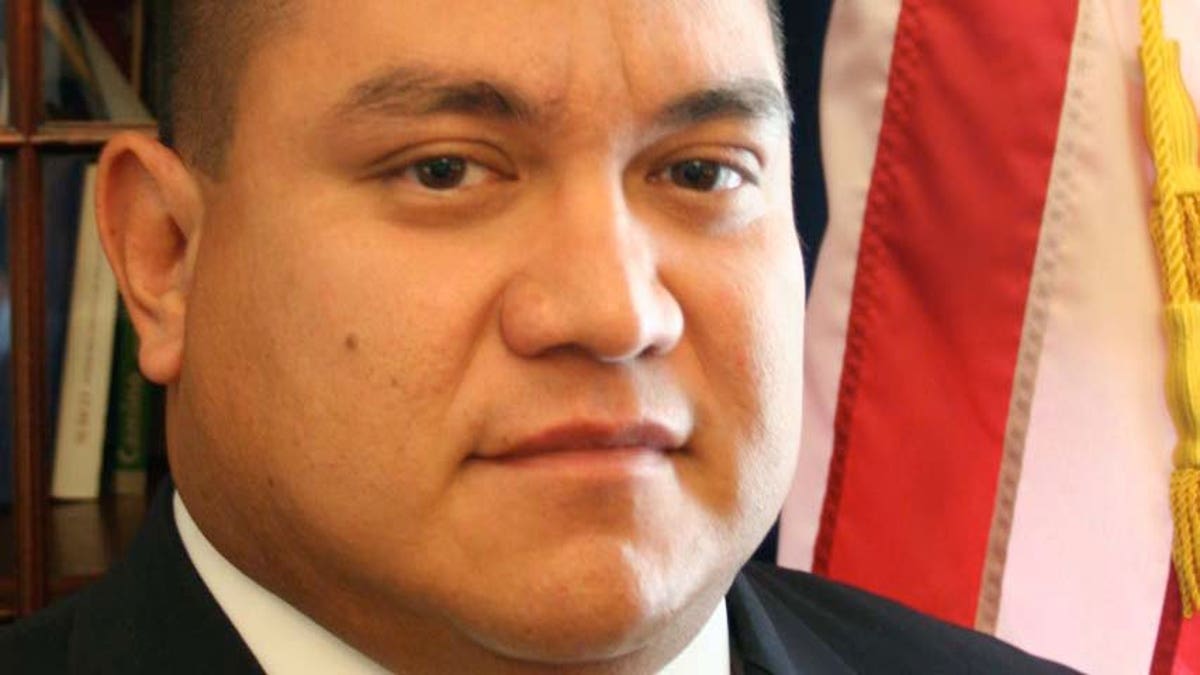
It’s spring in Washington, which means two things: the scent of cherry blossoms – and the sound of lawmakers bickering over the annual budget.
As lawmakers continue to debate relatively minor cuts in discretionary spending, a much larger issue is boiling below the surface: the increasingly unsustainable costs of the nation’s largest mandatory programs—specifically Medicare, Medicaid and Social Security.
Right now, the discretionary spending—the spending Congress must review and “appropriate” each year—takes up 39 percent of the federal budget, while mandatory spending programs consume 55 percent (interest on the debt accounts for about six percent).
But as the massive baby boomer generation retires, this relative balance won’t last. By 2020, mandatory spending and interest on the debt are expected to consume more than 90 percent of the entire federal budget.
That dramatic change will lead to one of two things: 1) the federal government will have to get by with the remaining 10 percent for all discretionary spending—which includes everything from education funding to vital infrastructure that keeps our homeland safe, or 2) Medicare, Medicaid, and Social Security will have to be cut.
The second option seems to be the most likely. That’s why, if Medicare, Medicaid and Social Security are to be protected for current beneficiaries, and preserved for future generations, Congress needs to act now. And it should start by reforming Medicare, the program that is in the most troublesome spot.
Spending on Medicare programs currently accounts for 12 percent of the federal budget, but, as the Kaiser Family Foundation points out, it “is projected to represent a growing share of the economy, federal spending, and the nation’s total health spending” in the decades to come.
This increasing pressure will cause the system to break. According to the August 2010 Medicare Trustees’ report, by 2029—about the time today’s 45-year-olds are set to retire and start receiving benefits—Medicare will run out of money.
Today’s 47 million Medicare beneficiaries count on these benefits, including the eight percent of Hispanic seniors who are less likely to have their own insurance. Any reforms Congress passes should protect the system for all of today’s recipients.
America’s younger generations also are vested in Medicare’s fate. Indeed, they have been putting a down payment on this promise through the 2.9 percent deduction taken from every paycheck they earn.
Here again, Medicare benefits are critical for the nation’s Latino population. The current Latino elderly population is about 6.5 percent of Americans aged 65 and over. By 2030 it will be more than 11 percent, and by 2050 it will be 17.5 percent.
Preserving the system for current beneficiaries while strengthening it for future generations is certainly a tall order, but it can be done. Reducing waste is a great place to start. The Government Accountability Office recently estimated about 10 percent of Medicare funds go to improper payments. Congress should start by addressing this irregularity.
But that alone won’t cure what ails Medicare. Republicans in the House of Representatives will include a broad plan for reforming Medicare in their 2012 budget proposal. Details so far are sparse, but the plan could include options like cutting benefits for future beneficiaries who are wealthy, or refashioning the entire system so it is more like the health care plan offered to members of Congress.
If the problem is so dire, why hasn’t Congress acted?
The difficulty lies in the very nature of “mandatory” spending programs. The funding for these programs is on autopilot, meaning Congress is not forced to evaluate them every year as they are for discretionary spending programs.
That simple fact makes it a lot easier for lawmakers to put off reform. George Will recently suggested banning the words “mandatory” and “discretionary” from Washington’s budget lexicon. Will wisely pointed out all government programs are “discretionary” because “we have the discretion to change the law.”
He’s right. While Medicare might be worth preserving, Congress must finally face up to the fact that our country’s fiscal trajectory is unsustainable. It is time Congress exercise its discretion to reform mandatory programs.
Mario H. Lopez is the President of the Hispanic Leadership Fund, an advocacy organization dedicated to promoting free enterprise, limited government, and individual liberty.
Follow us on twitter.com/foxnewslatino
Like us at facebook.com/foxnewslatino




